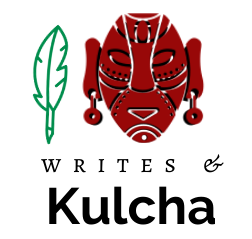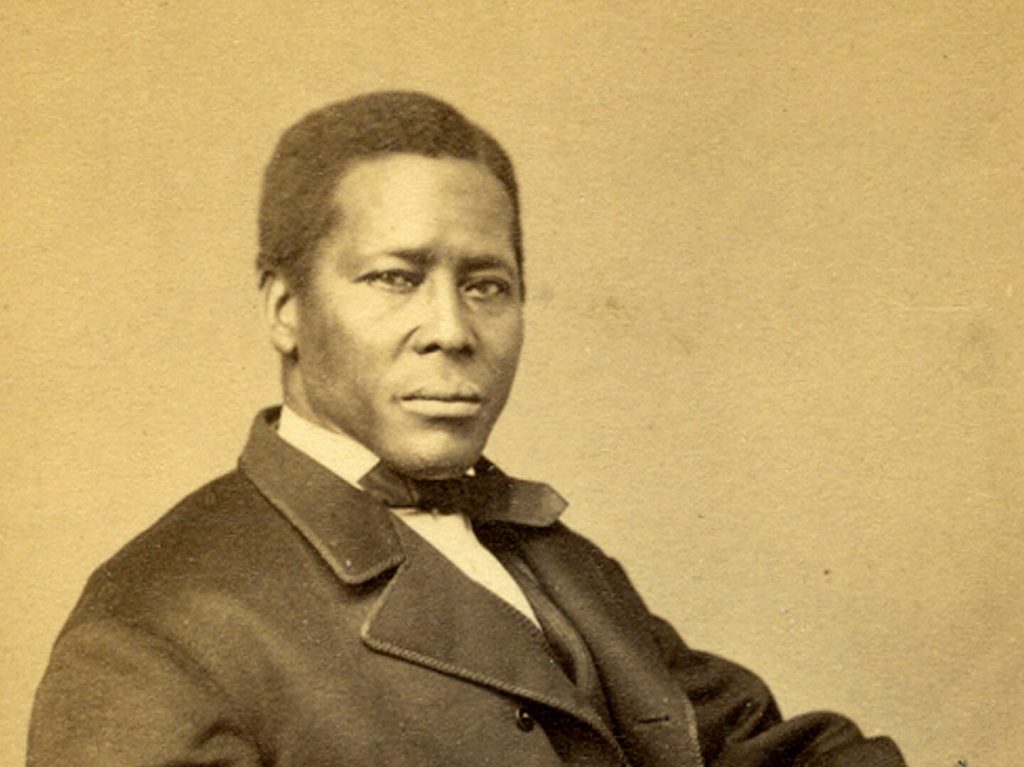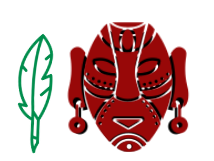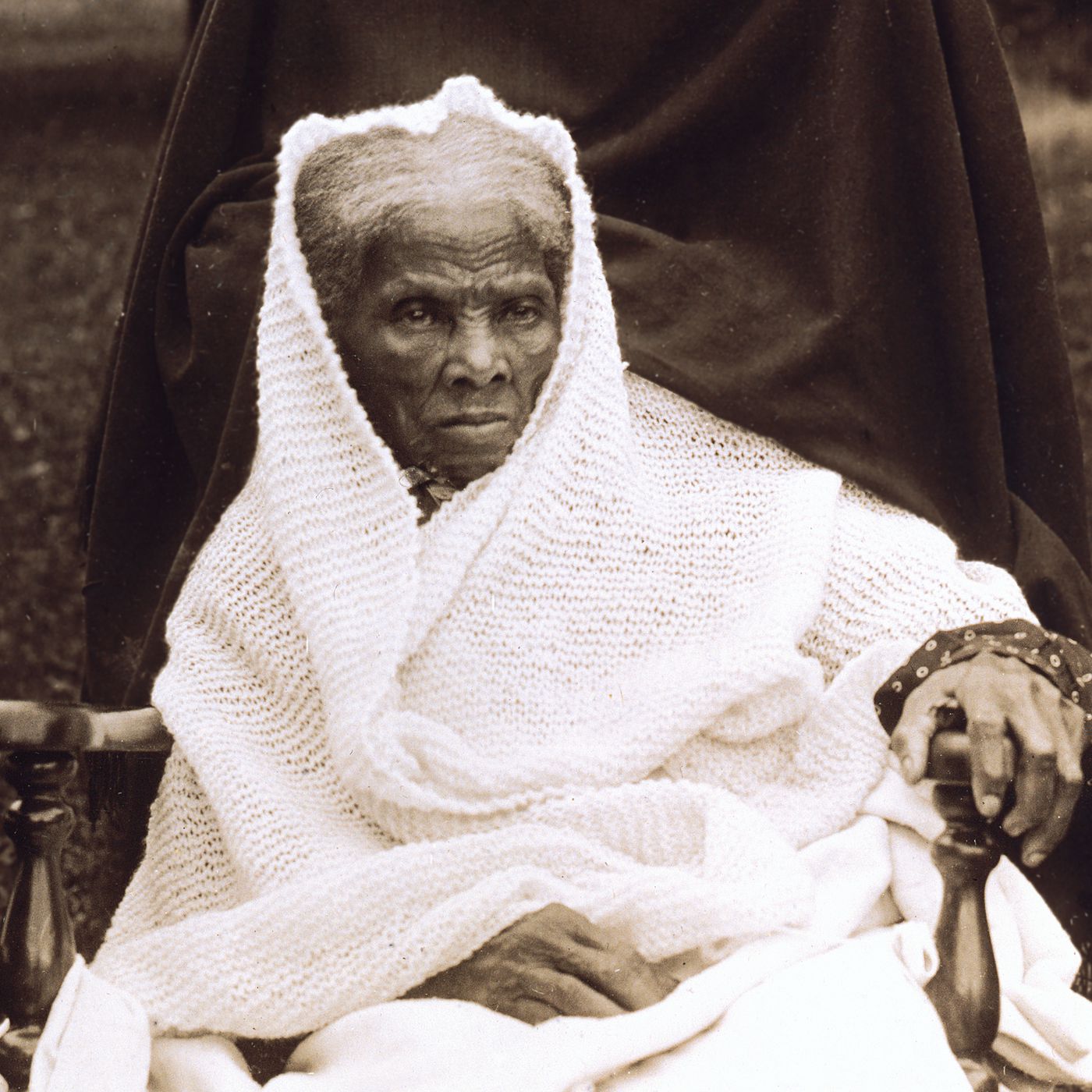(The Writes & Kulcha Story)
I was the conductor of the Underground Railroad for eight years, and I can say what most conductors can’t say — I never ran my train off the track and I never lost a passenger.
—Harriet Tubman, 1896
In the 1800s when our forefathers were enslaved, there were seemingly insurmountable obstacles to overcome. Their realities were dour, to say the least— their only options were to live a hard life willingly, choosing brutal, extreme working conditions and certain disconnection from their culture and loved ones. The other choice? Well, they could run. Take a chance. Break the rules and forge their own paths, contending with whatever evils that presented… and, oh, there were evils.
The harsh existence of the maroons (runaway slaves) seeking freedom, epitomised the relentless struggle against persecution. Fleeing from the constant threat of capture, they faced hunger, homelessness, and the perpetual fear of discovery by sheriffs, slave catchers, and racist lynch mobs. They had limited access to nutritious meals, safe lodging, adequate footwear, clothes, and medical care if needed. If caught, they would be verbally abused and publicly ridiculed—beaten, whipped, branded. Some were sold to prevent further attempts to plan an escape, while others were chained, cuffed, dismembered or killed – without penalty. And the 1700s laws ensured it. In September of the 1850s in the USA, The Fugitive Slave Act even allowed freed slaves to be captured and returned.
Resistance usually comes at a hefty cost, and yet, many paid for the chance to really be human. Our ancestors paid for it so we could be here. They figured things out, even with the programming they received to renounce their cultures, resist connection, and subscribe to new teachings. They supported one another by any means necessary. Now, here we are, living.
In confronting the structural injustices of today, communities of Indigenous Peoples and African descendants are forging paths toward empowerment. By leveraging resources and liberties to build educational initiatives, foster cultural pride, and advocate for policy reform, we honour the legacies of our forebears and strive to fulfil their dreams of liberation. The families and communities we are able to create and nurture are absolutely remarkable… but there is a catch-22. In this day and age, one of the most powerful instruments of tyranny—the Internet—also serves as an essential means of education. So we have everything, and yet, we are either manipulated into wasting it away, or, worse, never using it at all, because we are so brainwashed, we often choose misinformation ourselves.

Enter Writes and Kulcha, with an invitation to use discomfort as inspiration. To not only choose the path of enlightenment, but also, like our ancestors before us —the Tainos, the Maroons, the ones who travelled the Underground Railroad—to take others with us or, at the very least, guide them through. Some may call them sell-outs or hypocrites, but as a wise philosopher (ahem Nipsey Hussle) once said, “Circle gets smaller, everybody can’t go.” This is a publication for seekers of truth, wisdom, connection and freedom. The journey is treacherous, and on the path to freedom, there are no friends.
We who choose to win the revolution will always be fought by those still tethered to the unwell society we live in. A world that thrives on us making unhealthy, disconnected choices. We will have to fight for another way—the true way. We must be the ones who dare to travel the new, mythical Underground Railroad that exists online. Just as Harriet Tubman fearlessly led slaves to freedom through the Underground Railroad, our editors serve as navigators in the digital realm, guiding readers toward enlightenment and collective action. Like William Still, a prominent abolitionist who documented the stories of freedom seekers, we document and amplify narratives that inspire social change. Harriett was said to be formidable in her leadership and guidance, threatening scared or doubtful passengers with death, or leaving them behind rather than risking the safety of the collective. Queen Nanny, Cudjoe, and the many Tainos who welcomed fugitives were said to be the same – protecting themselves as fiercely as they protected our future. Had it not been for this uncompromising stance, many of us would not be here to celebrate our cultures. Our bloodlines would have died.

And so, today, we walk this path to pay homage, both to the ones who have gone before and others yet to come. Mindful, militant… knowing that in this digital revolution we are part of, the poison is also the medicine, and the path to complacency is lined with fun, games and comforts, clinging to our necks like a noose.
We must be deliberate. We must choose —a new life walking in our sovereignty or certain death by disconnection from our roots. Disempowerment by mass hypnotism, or collective awakening through critical thinking and seeking.
The choice is ours.

